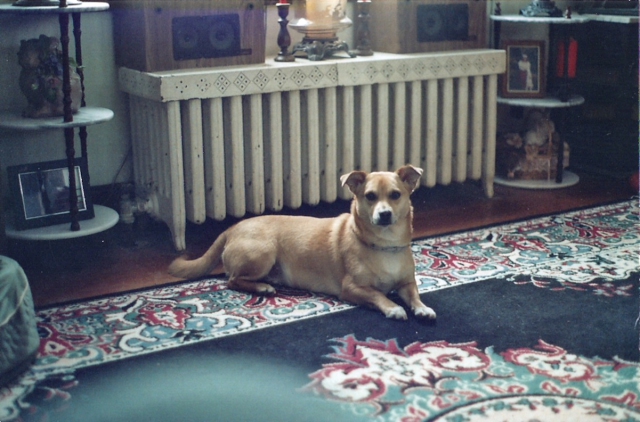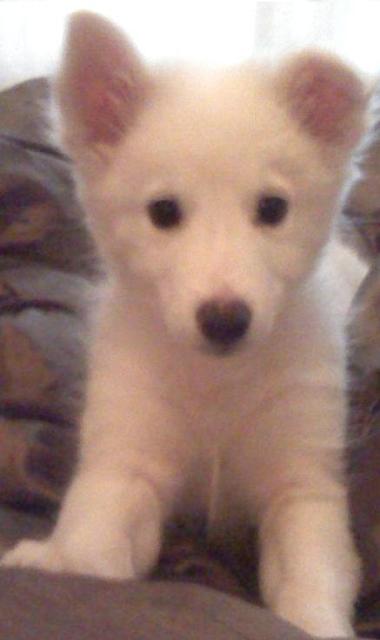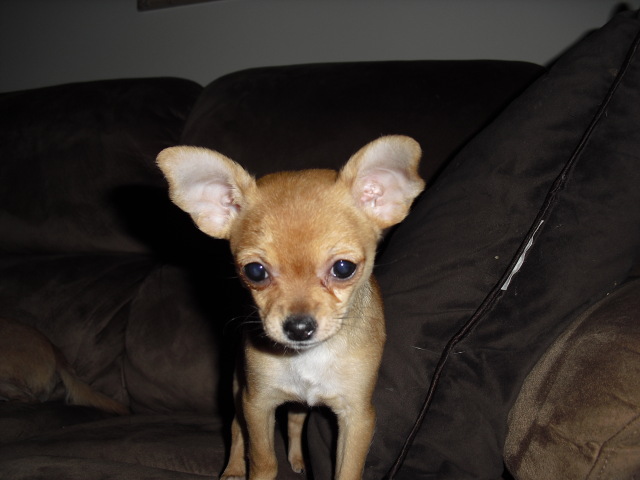QuestionDuke, our 8 year old has lung cancer. The doctor has said he is in his last stages. We have not given up on him. I have done a lot of research as well as talking to people who know much more than I regarding critically ill dogs. I bought Wellness Core, having been told he needs to eat grain free food, that carbohydrates feed the cancer. The first few days he loved it (kibble). Now he walks away from it, as well as many other foods he used to love, i.e. cottage cheese, raw meat, chicken, etc. I also have him on Theophylline for breathing as well as pain pills, although, he shows little if any signs of pain. Sometimes I just give him one to settle him down for the evening. We also have him on K-9 Immunity, Transfer Factor, Fish Oil, B vitamins, and Milk Thistle. All of these I have to force down his throat, as I can't count on him eating his food with the contents sprinkled on it. (Too expensive to waste). Are these bogus ideas, in your opinion? And do you have any ideas how we can get Dukie's appetite stimulated. He will of course die if he doesn't get the nutrition and calories. I just can't give up.....like so many other dog owners, we love him dearly, and would do anything to help him. He is good at drinking water, so that hasn't been a problem. And he acts fairly well (of course, not up to par), but his tail wags, he gives kisses, likes to go for car rides, and sleeps well. Any advice would be appreciated.
P.S. I have even bought baby food to give him through a syringe as a last resort. I sure don't want to have to force feed him. That seems almost abusive. What do you think?
AnswerHi Donna,
I'm sorry to hear of Duke's illness.
While diet might play a role in fending off some types of cancer, if your dog is in the last stages of the disease, I'm sorry but diet can't help him. Feed your dog whatever he'll eat, at this point. I doubt the diet supplements are going to help Duke. Save your money.
Dogs are quite stoic about showing pain. Given your dog's disease, you can probably safely assume that he is indeed in pain, whether or not he's showing it. Don't skimp on the pain meds!
There are a couple of over the counter appetite stimulants you could try, but your vet can also prescribe one, which probably would be more effective. Appetite stimulants to look for are:
Carnivore Care
DogSure Meal Replacement Food Supplement
Enercal High Calorie Gel
K9 Restart Chewables
Nutrical Gel
It can help to warm your dog's food, it releases tempting aromas. Boiled lean ground sirloin and rice can help with appetite. Hand feeding him might also help. If Duke seems more willing to drink than eat, try low sodium chicken or beef soup, noodles will help fortify the meal!
You shouldn't let Duke get to the point where he is too weak to eat, and dies of starvation. I know all too well the pain of losing a pet, but the final act of love you can show your dear Duke, is to put him to sleep rather than to see him languish or suffer.
Assessing a pet's quality of life is an ongoing process, not a one-time decision. Initially, we're likely to attempt to compensate for the problems we see. Pain medication may relieve a pet's discomfort and improve its mobility. A change in diet may improve a pet's appetite or provide better nutrition. We may resolve that we're willing to clean up after a pet and carry it wherever it needs to go, for as long as necessary. But eventually such measures will cease to be effective. The process of assessing "quality of life" is really a question of determining (and deciding) when that point has been reached -- and what you intend to do next.
It is often tempting, at this point, to postpone a decision still longer by deciding to "let nature take its course." Before choosing that course of action (or inaction), however, it's important to understand that, as a pet owner, you have been thwarting the "course of nature" from the beginning. By ensuring that your pet has food and shelter and is protected from predators, you have already guaranteed that nature will not take its course. By providing medical treatment, you have prolonged the life of your pet far beyond what it could have expected if left to "nature." In nature, an animal that becomes too ill to obtain food or protect itself will perish quickly, though not necessarily comfortably.
Nor does nature necessarily offer an "easy" death even if you choose to let it "take its course" in the comfort of your home.
This is really what the "quality of life" issue is all about. By usurping nature's role throughout the life of our pets, we must sometimes also accept its role in determining (and bringing about) the death of a pet. To accept this, we may also have to accept that, in some cases, the quality of life we're really trying to protect is our own: That we're allowing our pet to suffer out of a desire to avoid the anguish we know that we will experience when it dies. And that, ultimately, is the most unselfish act of love we can offer: To end a pet's suffering, we must choose to accept our own.
These are the hardest days of pet ownership.
I wish you all the best.
Patti

 mixed breed dog
QuestionSweetie Monster
QUESTION: hi this may be
mixed breed dog
QuestionSweetie Monster
QUESTION: hi this may be
 My 1 year old Yorktese is paper trained but goes pee in the middle of the kitchen floor
Question
QUESTION: I have a wonderful 1 year old
My 1 year old Yorktese is paper trained but goes pee in the middle of the kitchen floor
Question
QUESTION: I have a wonderful 1 year old
 New Eskimo puppy
Question
Honey the shy american
I just got my 10 week o
New Eskimo puppy
Question
Honey the shy american
I just got my 10 week o
 about babygirl my 14 week yorkie
Question
babygirl brooklyn
i do no whats going on with
about babygirl my 14 week yorkie
Question
babygirl brooklyn
i do no whats going on with
 puppy chihuahua biting owner
Question
Cassey
Hello. I have a 6 month old femal
puppy chihuahua biting owner
Question
Cassey
Hello. I have a 6 month old femal